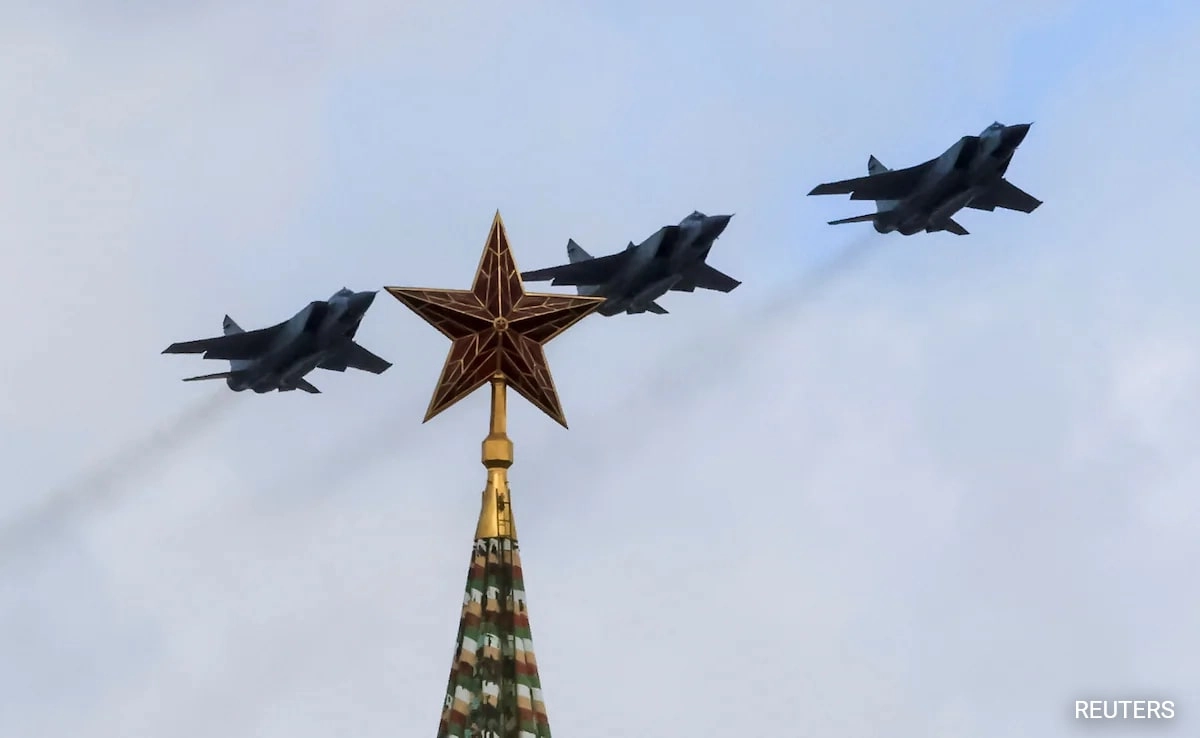NATO has expressed strong condemnation of Russia’s recent military actions, labeling them as “reckless” following the interception of Russian jets over Estonia. This incident occurred amid heightened tensions in Eastern Europe, where NATO member states have raised concerns about increased Russian military activities near their borders. The alliance’s response underscores its commitment to ensuring the security of its member nations and maintaining stability in the region. The intercepting of Russian aircraft serves as a reminder of the ongoing geopolitical tensions and the potential for conflict that could arise from such provocative actions.
The intercepted Russian jets were reportedly flying in areas close to NATO airspace, prompting swift action from NATO’s air defense units stationed in the Baltic states. This quick response highlights the readiness and vigilance of NATO forces in safeguarding their airspace against any incursions. The alliance’s presence in Eastern Europe has been significantly bolstered in recent years as a deterrent against Russian aggression, particularly after the annexation of Crimea in 2014. Such incidents emphasize the delicate balance of power in the region and the need for continued cooperation among NATO allies to address threats emerging from Moscow.
Furthermore, NATO’s condemnation of Russia’s military maneuvers reflects broader concerns about regional security and the potential for miscalculations that could lead to military confrontations. The alliance has consistently emphasized the importance of dialogue and de-escalation, yet these recent actions by Russia complicate the prospects for diplomatic engagement. As NATO continues to monitor the situation closely, member states are likely to enhance their defensive postures and engage in joint exercises to reaffirm their commitment to collective defense. This ongoing tension serves as a critical reminder of the fragile state of international relations in the current geopolitical landscape.
In response to these developments, NATO leaders have called for a unified stance against Russian provocations, urging member nations to remain vigilant. The situation in Eastern Europe remains fluid, and the alliance’s ability to respond effectively to emerging threats is paramount. The intercepted jets are but one example of the broader challenges NATO faces in maintaining peace and security in the region, and the alliance’s response will likely shape future interactions with Russia. As both sides navigate these tumultuous waters, the importance of diplomacy and strategic communication cannot be overstated, especially in avoiding escalation and fostering a more stable environment in Europe.




